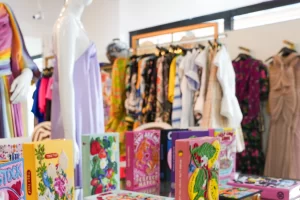Alexander Fleming
Alexander Fleming
Like Pasteur, Fleming also approached science in an indirect way.
His family was not in a wealthy position and, to make matters worse, his father died when he was just a child. That dealt Fleming’s future prospects two very strong blows: the lack of guidance in determining what to do with his life and the lack of money to finance it.
Luckily for him and us, he managed to fit them in. He inherited money when his uncle John died and his older brother, a doctor, advised him to study medicine. After studying medicine, he went to work … but in a very strange way!
He was part of the university’s rifle club which led him to serve in the Royal Army Medical Corps during World War I. Serving in a field hospital, he found that patients got worse, not better, when given antibacterials.
He formulated a brilliant theory about it, although no one believed him. Perhaps that is what led me to study bacteria: how they grow and vary and how to prevent harmful organisms from affecting a patient’s natural defenses.
In fact, it was he who discovered that the human body produced antibiotics. In a strange experiment that involved smearing his own mucus on culture dishes, he discovered lysozyme. Such a discovery earned him some recognition, prompting other scientists to consult with him about his research projects.
So when Joseph Warwick Bigger asked him for help studying Staphylococcus Aurelius just before Fleming went on vacation, he inoculated his culture plates and the rest is history …
Alexander Fleming gave the world penicillin for free, so he was understandably outraged when American Robert Coghill and his associates took advantage of his discovery .






